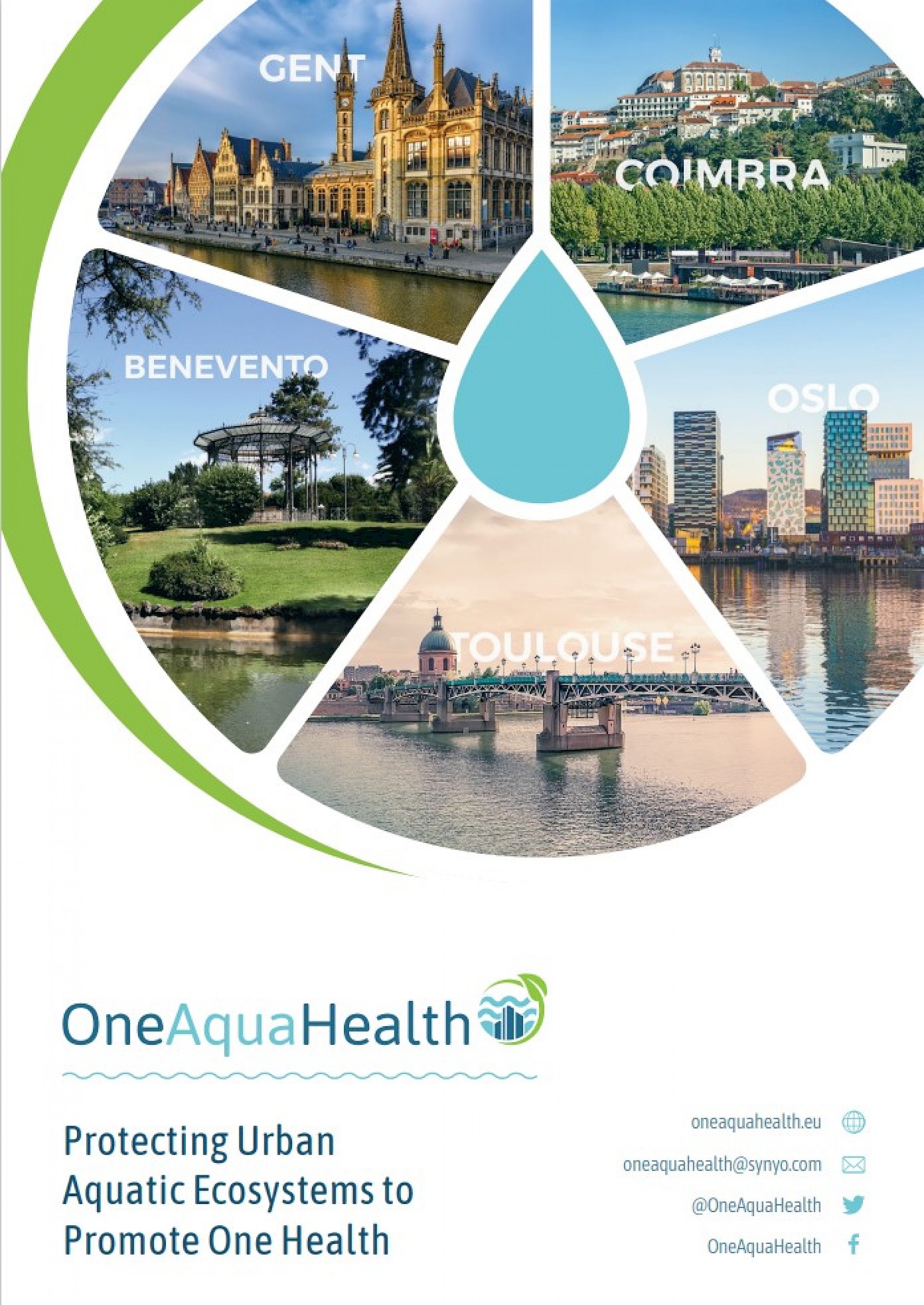English version: Diana Taborda
The Department of Life Sciences (DCV) of the Faculty of Sciences and Technology of the University of Coimbra (FCTUC) will host the kick-off meeting of the international project "OneAquaHealth - Protecting Urban Aquatic Ecosystems to Promote One Health" on the 1st and 2nd of February. The project is led by Maria João Feio, researcher at the University of Coimbra, the Centre for Marine and Environmental Sciences (MARE) and the ARNET Associated Laboratory.
The opening session of the project presentation will take place on 1 February at 9:30 in the DCV hall, with the participation of Cláudia Cavadas, UC Vice Rector for Research, Carlos Lopes, Councillor for the Environment of Coimbra City Council, Miguel Pardal, Director of DCV, and Jaime Ramos, Coordinator of MARE in Coimbra.
"OneAquaHealth is an ambitious project that focuses on the environmental challenges posed by increasing global urbanisation, especially with regard to the conservation of freshwater ecosystems and the protection of human health," says Maria João Feio.
The aim of the research is to "demonstrate how the well-being of aquatic ecosystems is highly interconnected with humans, urban health, and the containment and mitigation of disease outbreaks," explains the FCTUC researcher, further adding that "In order to restore the balance of urban areas ecosystems, the project will promote the monitoring of early warning indicators to assess the health of the overall ecosystem and provide decision-makers with tools to take appropriate and timely decisions," Feio adds.
Funded by Horizon Europe with a budget of around €5m, the project involves 13 partners from a dozen countries: Austria, Belgium, Spain, France, Greece, Israel, Italy, Norway, Portugal and Switzerland.
According to the OneAquaHealth coordinator, this toolkit will include nature-based solutions to restore and maintain the health of aquatic ecosystems (and therefore the health of humans, animals and plants) under different scenarios, including climate change.

